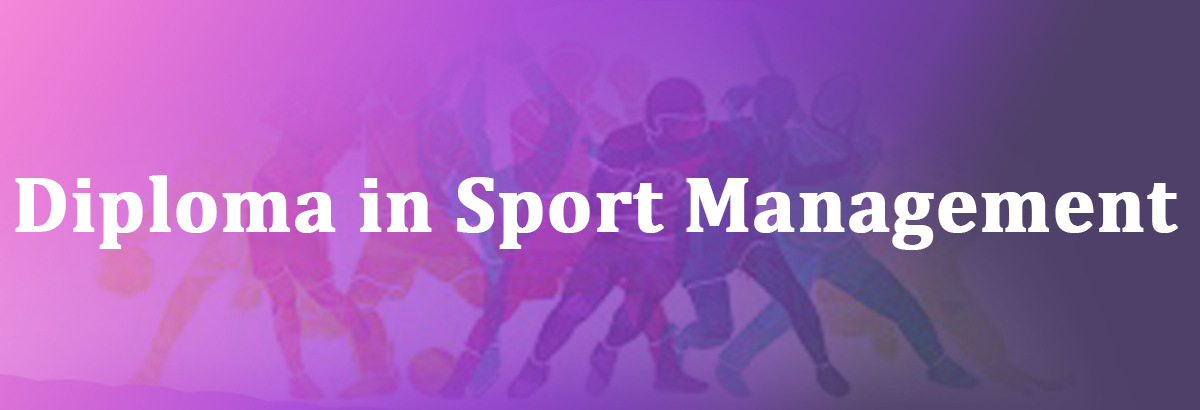
The Objectives of this diploma program are,
-
Providing an opportunity to strengthen the career development of the personnel attached to Private and Government institutions and highly motivated students who pass the G.C.E.(A/L) education but do not qualify to pursue University education.
-
Strengthening the theoretical knowledge of sport management process to whom employed at both private and government industries.
-
Promoting learning, teaching, and researching in sport management.
-
Providing opportunities for students to develop their skills and talents through the teacher-student mutual knowledge exchange.
Target Groups
This course is designed for school leavers. athletes, coaches, sport officials, sport managers, sport administrators, physical education teachers, national federation officials who wish to upgrade their career development in Physical Education, Sport Management and sport related employment.
|
DURATION |
Medium |
Course Fee
Contacts
Coordinator,
Senior Lecturer. M.K.A.Anoma Rathnayaka
(Head of the Department)
0112903935
Course Content:
Organization theory and the management of sport organizations, Organization goals and effectiveness, Dimensions of organization structure, Organization strategy, Strategic alliances, Sport organizations and their environments, managing organization conflict, Organization change, Organization decision making, Managing organization culture.
Course Content:
Introduction of HRM, Overview of personnel and human resource management, Nature and characteristics of human resources in sports, Acquisition of human resources and stake holders sport and recreation organizations, Incentives for professionals and volunteers, Professional and volunteer conflict, staffing : job analysis, job description, job specification, Motivation and empowerment in sport and recreation setting, Practices adopted in recruitment, retention and retirement process in sport, Training and development. Managing diversity in sport and recreation setting, key performance indicators appraisal, Organizational justice, Organizational commitment, Leadership and job satisfaction.
Course Content:
Introduction to Sport Marketing, Concepts of marketing, Understanding the Sport Industry, Consumers and Sports, Sport and Society, Application of market segmentation in sport, Sport consumer behavior and customer satisfaction through quality offering, Identification of Marketing opportunities, Strategic Sport Marketing, Sponsorship, Sport Consumer Behavior, Strategy determination and marketing mix: Sport products, Sport marketing in a globalized marketplace and Managing effective marketing communication.
Course Content:
Introduction to Finance and Projects Management in Sport, Management Framework : Organizational Structures, Project Management Roles, Characteristics of projects, Elements of Sport project management, Integration Management : Management Framework, Integration Process, Plan Development, Skills, Charter, Sponsors, Tools and Techniques and Risk Management, Project planning and strategy, Project cycle, Financial appraisal of projects, Financial Statements Financial Management cycle: planning, budgeting, implementing and accounting, and evaluation, Main sources of Finance, Balance Sheet Business Funding, Product pricing and investment concepts, Business planning, Costing concepts.
Course Content:
Introduction to Managing Sport Events and Data Analysis, Event terminology, Conceptualizing sport events, Event planning strategy, Event coordination and operational functions, Sport and Recreation event assessment and evaluation, Risk management, Choosing specific data collection technique, Major concerns when collecting sport data, Reduction of errors, Ethical back ground to sport data collection, Review and record sport data bases, Selection, training and supervision of sport data collection, Data analysis: qualitative and quantitative sport data, raw data and prepare data for analysis, The application of analytics in sports for purposes of in-game strategy, player performance, team management, and sports operations.
Course Content:
It is essential that the student plan, conduct, disseminate and evaluate the survey project within a structured and logical framework. The Project supervisor will emphasize that the skills are developed through completion of the research Project: time management, communication, reflective practice and ICT, are transferable to contexts and the workplace.

